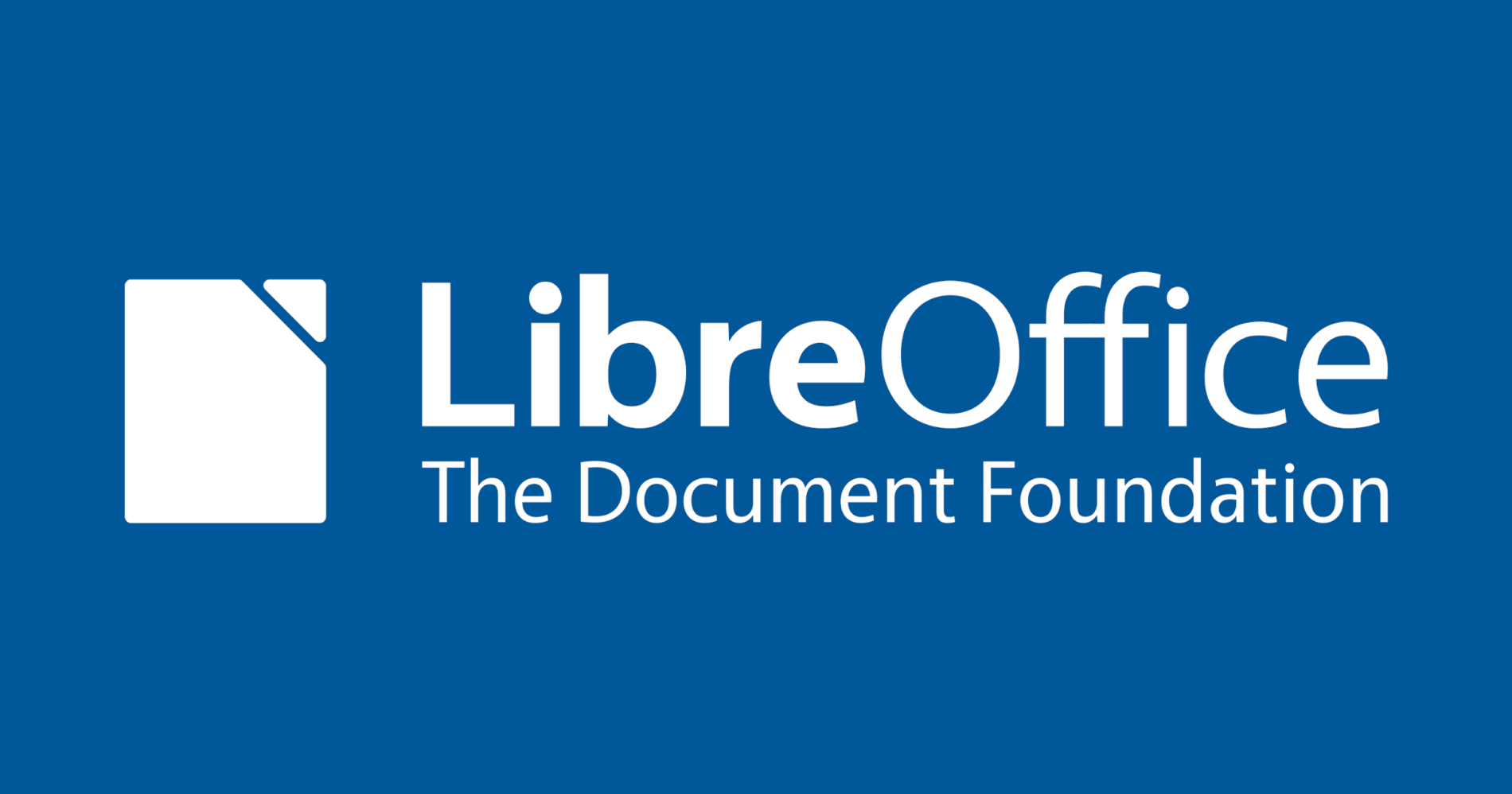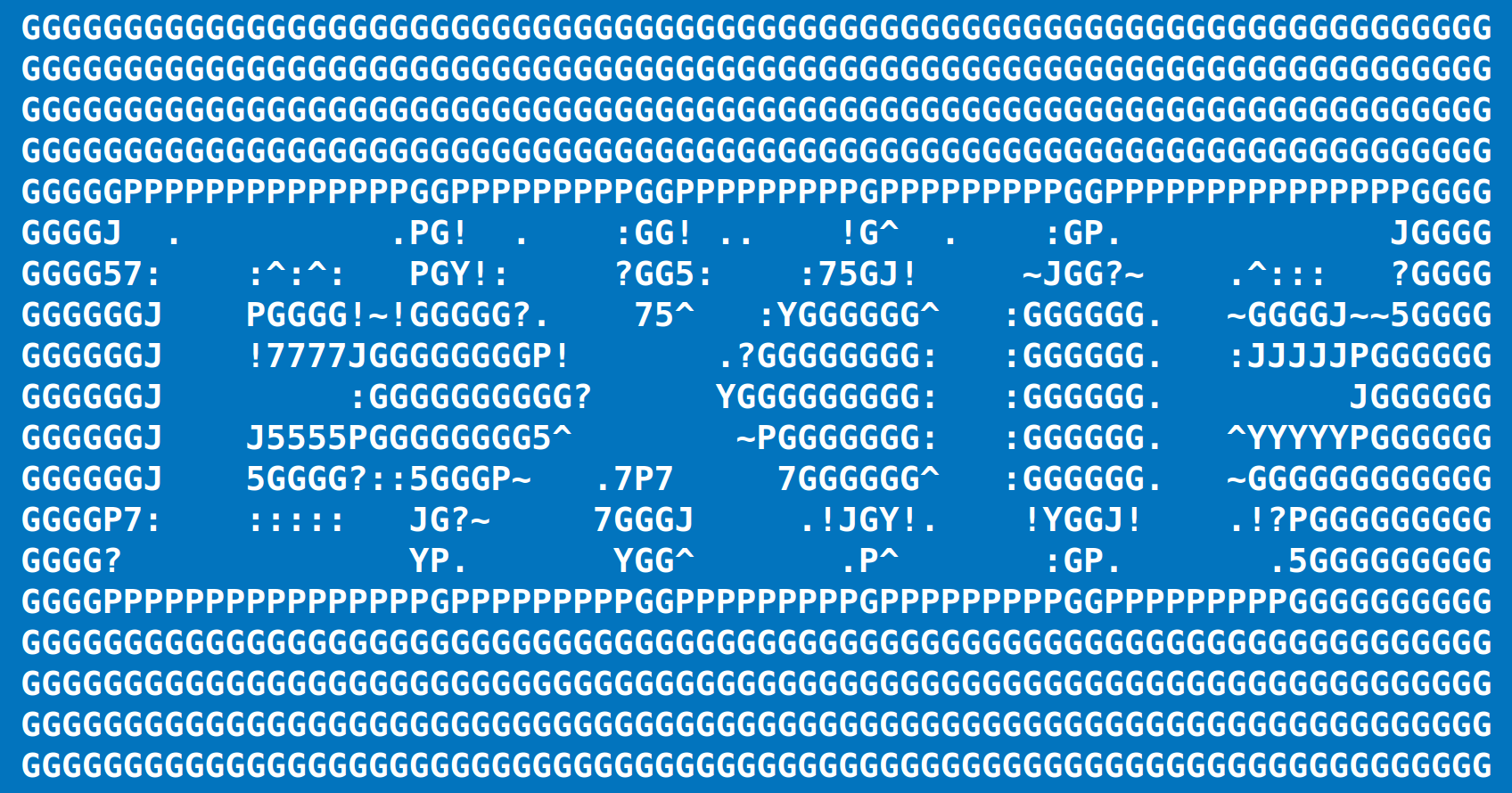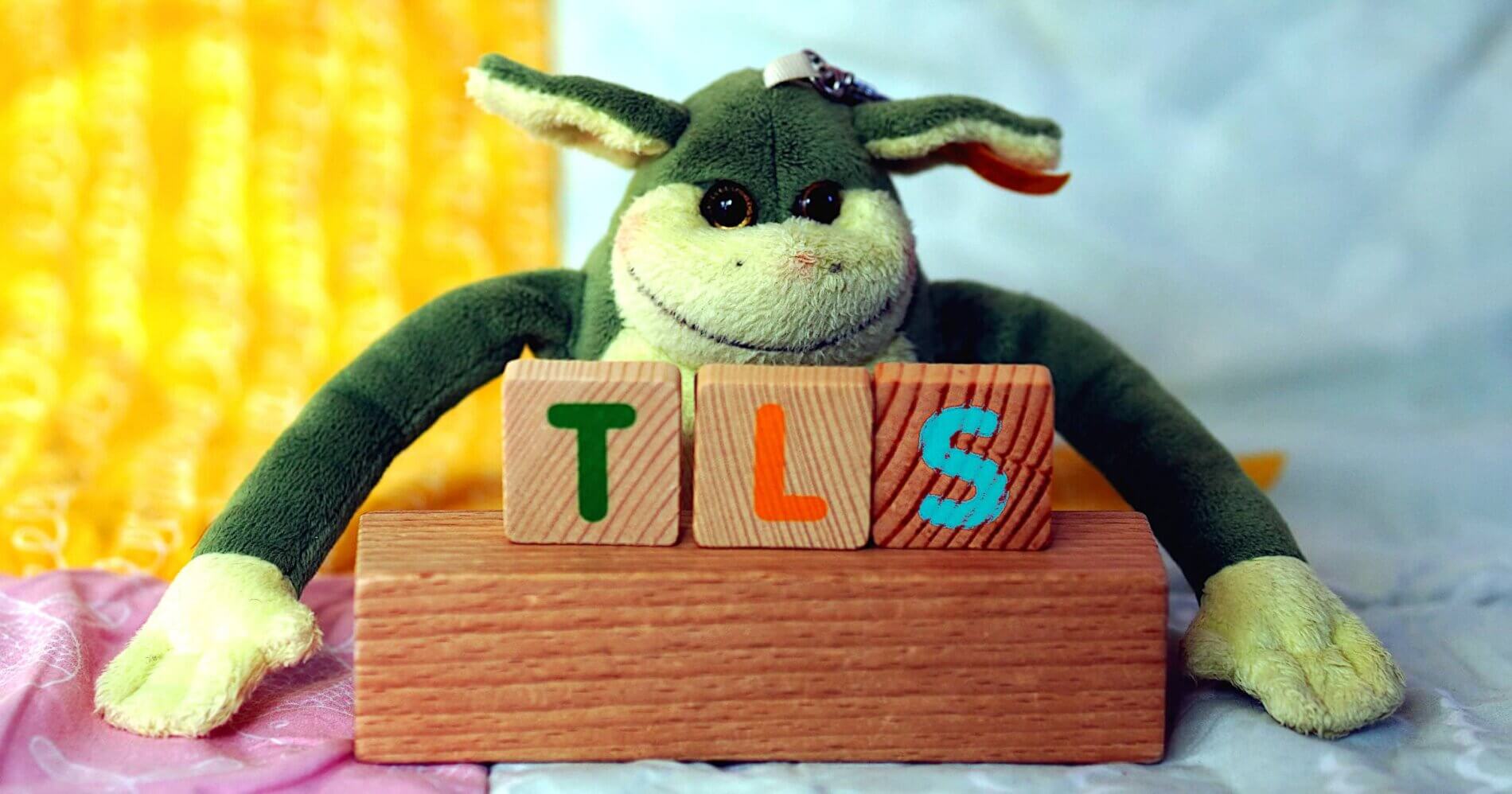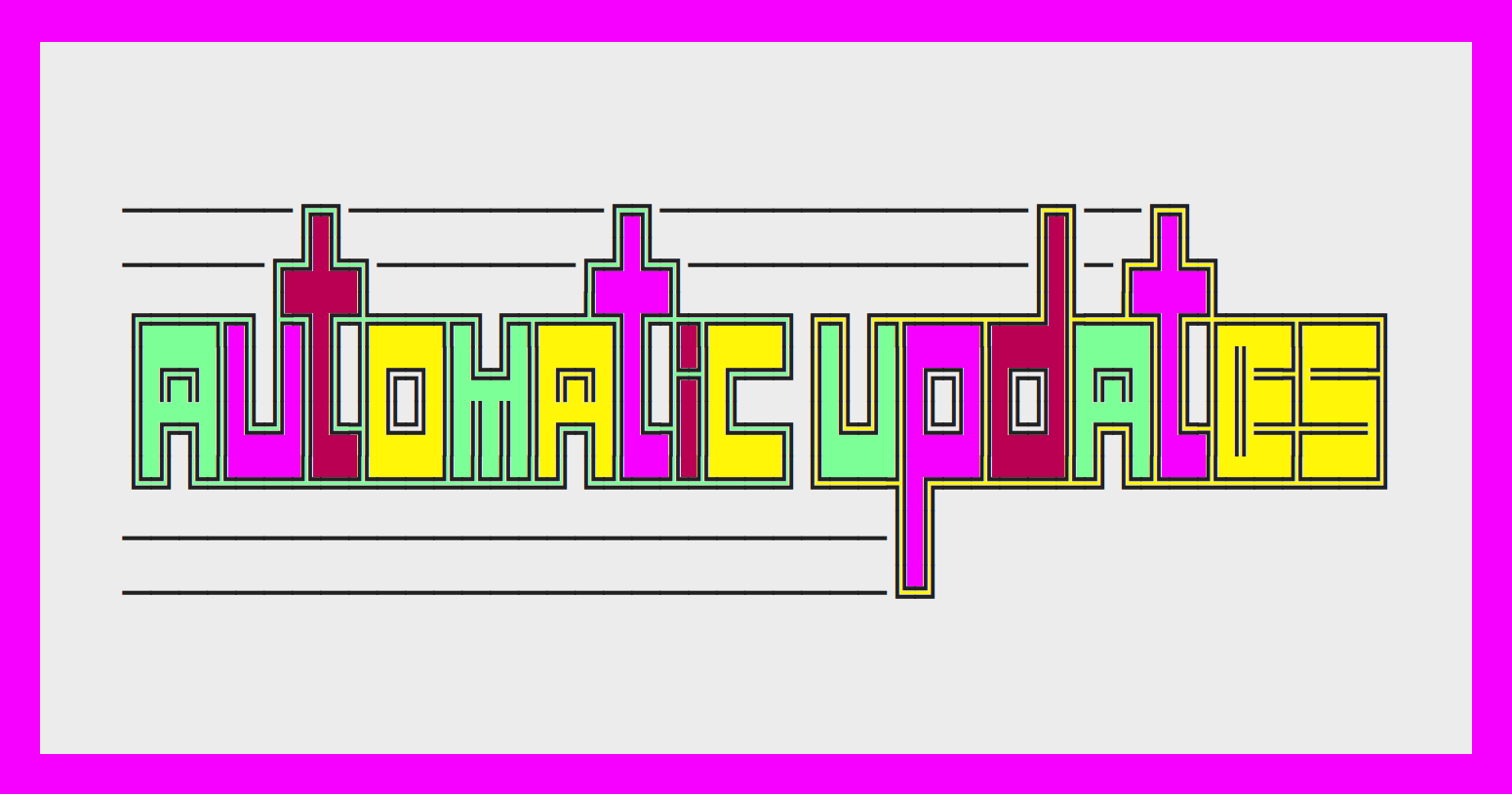
“Map of the world being synchronized” generated by Midjourney. Credit: libre-software.net. License: CC BY-SA 4.0
How to Sync fonts between multiple Linux computers using Dropbox
Last updated on October 11, 2022
This small guide is about syncing fonts between two or more Linux devices, for example one laptop and one desktop computer, both running any Linux distribution. More specifically, I use this method to sync fonts I downloaded via the Google Fonts library.
Is it possible to sync fonts on any Linux distribution?
The method chosen makes this guide distribution-agnostic. Though I tested it on Linux Mint, it will also work on Ubuntu, Manjaro or any distribution of your choice. Please share your experience in the comments.
Does font synchronization work with cloud services other than Dropbox?
Although I use Dropbox in this guide, any cloud storage service running on Linux should be able to sync a font folder, including Google Drive, Mega or OwnCloud.
Default folders locations
Make sure you change each step of this guide accordingly if you have a different configuration than the following:
- Default font directory on Linux: in this example we use the
.fontssubfolder within your home folder (~/.fonts), which should work well on any Linux distributions. Other possibilities for the default font folder include~/.local/share/fonts(on Ubuntu) or/usr/local/share/fonts– adapt the instructions to your needs. - Location of the Dropbox folder: standard location (
~/Dropbox)
1. Setup the first device
1.1 Create the synced font folder
Create a font directory for the fonts to be synced anywhere in the Dropbox folder. In this example we will use a folder named Synced-fonts. Create this folder via the file manager or via the command line:
mkdir ~/Dropbox/Synced-fonts
Warning: don’t use a hidden folder (starting with a period) like ~/Dropbox/.synced-fonts. The folder would sync in Dropbox, but the fonts inside won’t be available to use in your apps.
1.2 Add fonts to the synced font folder
Then, copy or move the fonts to be synchronized to this folder. You can download and use any fonts from Google Fonts. You may use subfolders, but hidden folders won’t work.
If you want to move all fonts from ~/.fonts to the new Dropbox font folder, use the following command:
mv ~/.fonts ~/Dropbox/Synced-fonts
2. Sync fonts on Linux devices
You should repeat this part on all devices to be synced, the first one included.
2.2 Enter the local “non-synced” folder
Check if you already have a local “non-synced” ~/.fonts font folder in your home directory:
ls -la ~/ | grep ".fonts"
If it doesn’t exist, create one:
mkdir ~/.fonts
Warning: Dropbox only supports the ext4 file system on Linux. Syncing fonts probably won’t work with Dropbox if you use anything else than NTFS for Windows, HFS+ or APFS for Mac, and Ext4 for Linux.
2.3 Create a symbolic link to the synced font folder
Using the terminal, navigate to the local “non-synced” file folder:
cd ~/.fonts
Here comes the most important step. Create a symbolic link to the Dropbox font folder:
ln -s ~/Dropbox/Synced-fonts
Check if the symbolic link was successfully created:
ls -la ~/.fonts | grep "\->"
The output should be something like:

Now restart the device or rebuild the font cache:
sudo fc-cache -f -v
Some programs like LibreOffice will need to be closed completely and restarted to use the new fonts.
3. Enjoy font synchronization on Linux
The fonts in the “Dropbox font folder” will now be available on all synced Linux computers. Any font added or removed will be synced by Dropbox immediately.
Unfortunately, this doesn’t mean the fonts will be available instantaneously on the synced devices. To reflect any change, be sure to restart the synced device or rebuild its font cache.
By Johannes Eva, October 2022












29 thoughts on “How to Install Firefox on Linux Mint, Ubuntu, Debian or any other Linux distribution”
Thank you John! Yes, Thunderbird can be installed/upgraded the same way 🙂
I was wanting to update Firefox on my Ubuntu Trusty (14.04). I finally came across this article and … tahdah. Now I have Firefox 83 installed and working perfectly. Thank you so much for this article. One question – can I also install the latest Thunderbird in the same manner?
And please folks, no comments like – just upgrade to the newest Ubuntu. Trusty works perfect. I have Apache installed and it works perfect also. So why should I update/upgrade to a newer version when I have perfection now. You know the old saying – If it works don’t fix it.
You may have to create the
/optdirectory first:sudo mkdir /optGood luck!
Hello, I’m French.
It’s hard to me to understand English so when it’s electronic language, it’s very very hard. But I tried (even if I doesn’t understand, even while translating). And when I tried, I succeed to extract the file (yeeaah!) but I can’t move Firefox to
/opt, it says “no such file or directory” like Kurman (an other user). But how am I doing now ? I search a lot of solutions and nothing works. Netflix doesn’t want to work with my old Firefox (the 66.0.3 version). Am I going to get there someday? After Netflix, it will be some important things…Please, help me. (Once I could watch Netflix…)
Thanks for the article!
Note: When the default version of Firefox is upgraded by the system, the symlink
/usr/bin/firefoxis overwritten and you will either have re-create it or just lock the currently installed version in Synaptic to prevent that from happening altogether:Thank you for your comment and for the correction!
Great article. In the case of Firefox newer is better. Every update since Quantum debuted has brought it closer to perfection. Oh, I think it may be ‘inexperienced’, rather than ‘unexperienced’. Regardless, the advice is sound.
It’s always best for newbies to practice caution. Then again, it took a few self inflicted system meltdowns to really start getting the hang of this Linux thing.
@Rafael: no, you won’t loose your Firefox settings. These are stored in your profile folder. On Linux, you profile folder is in your home directory, in the
.mozilla/firefoxsub-folder. You may need to show hidden files and folders (use Ctrl + H or the “View” menu) to navigate to the profile folder.If you only have one profile, its folder has “default” in the name. The complete path of the Firefox profile folder will be something like:
/home/user_name/.mozilla/firefox/random_string.defaultThis folder allows for an awful lot of flexibility, for example you can:
If I just remove the old Firefox folder in
/opt, what about my favorites settings? Am I gonna lost it all?Thank you, this is indeed useful. Installing Firefox from .deb packages is also a viable option. Keep in mind that the recommendation is the same as when installing from the tar.gz archive: “it is strongly suggested to use a package manager like aptitude or synaptic to download and install packages, instead of doing so manually via this website.”
Is easier get it there: https://packages.debian.org/sid/amd64/firefox/download
Make friends with the terminal!
Sure, it’s been quite some time since 2015: Users must extract from the “tar” archive and use a password-enabled (root) terminal (or sudo) to perform the subsequent file actions. Simply invoking a file manager and then copying/pasting won’t work.
The reason Debian users end up here:
Note that Debian’s repository version of Firefox still is named “firefox-esr,” not simply “firefox” (Before, it was “iceweasel” – a legality, still in effect with firefox-esr): Debian proves perhaps the most conservative distro in the Linux realm. As was noted in an old saying: “They wear both a belt and suspenders!”
The problem is that institutions performing secure transactions (say, global financial corporations) – along with many still-perplexed users (who generally aren’t bare novices) – dislike legacy browser versions. Debian purists dislike the corporate bent of Mozilla’s Firefox development. (After all, it’s firefox.com, not firefox.org.)
Thank you. Simple, clear and helpful. Works for me on Linux Mint (64 Bit)
Kumar, you’re probably in the wrong directory when running the
movecommand – or using the wrong file name. Using the TAB key to autocomplete the file name helps to know if you’re right: if it autocompletes the file or directory names, it’s right, else it’s wrong. Of course, listing files with thelscommand also shows if you have extracted the archive correctly.I’ve extracted the file but I can’t move it to
/opt, it says no such file or directory.For future reference,
tar xf filewill deal with the compression without having to specify it.I also run Mint 17.3, the Firefox version is 45 and it should be updated to 46 very soon. I can’t explain why you’re stuck with an older version. I suppose you ran
sudo apt-get update? If nothing else works, I would suggest to install the newest Firefox version manually as described in this guide.Update: The update to Firefox 46 just showed up in the update manager. It took 4 days to the Linux Mint team to check and distribute the update, which is fine.
You state here, and I’ve seen in other places, that Debian-based package managers will release firefox updates “just a few days after the official release”. That has not been my experience. I run Linux Mint 17.3, and as of today (4/30/2016), my firefox from the package manager is version 42.0. The following version (43.0) was released 4.5 months ago on December 15th, and version 46.0 was released this week. What am I missing?
Pingback: Install the latest FireFox in CentOS 7 - UncleNinja
Pingback: Upgrade Firefox di Linux Mint | Catatan dan Wiki Personal
The Tab Groups (Panorama) feature has been discontinued. There are Firefox add-ons with similar features, check the official announcement from Mozilla:
https://support.mozilla.org/en-US/kb/tab-groups-removal
FF 45 in Mint does not open groups of tabs anymore. So that seems broken.
I went back to a former version. The repository only offered FF 28… But this one still works.
I figured out something, I turned off check for default application in settings (during start of application, it ignored it 🙂 ) I hope it will work
I have other problem 🙂 I unpacked firefox (did same with thunderbird), created symbolic links and everything, but still, when I run firefox or thunderbird, it said it is not default browser/email client and I can’t turn it off. It is not really functional problem, but it is reaaaaaally annoying 🙂 in preffered applications is set firefox and thunderbird (the original mint firefox and thunderbird don’t have this problem), is there any way (and I am sure there is) how to set unzipped TB and FF as default? BTW I am using common profiles for windows and for mint 17.3 in both applications. THX 🙂
Well, in fact this tutorial is for advanced users, most of which are installing Firefox on their own on custom Linux systems. Or trying Firefox Beta/Aurora or other special versions of Firefox.
In your case you’re probably using mainstream distributions such are Ubuntu, Linux Mint, Debian, OpenSuse, Fedora, … The package manager of your distro will take care of updating Firefox by itself, when when the new Ffox version has been tested for compatibility with your distro, so that it doesn’t break anything. On Ubuntu or Linux Mint, for example, it takes just a few days after the official release.
Please do NOT use this guide to update Firefox by hand if you’re just a “normal” user or a Linux beginner. Just apply the normal updates (as you should always do) for your distribution and you’ll get the new Firefox version. I’ll try to make a version of this guide for beginners and normal users soon, as it seems to be really confusing. Sorry for that.
I really do try to like Linux… but I just can’t understand why I can’t just UPDATE my firefox in one click? The version is there – why do I need to start entering commands and copying folders for something as trivial as that?
Pingback: How to install Firefox 43 on Linux Mint, Ubuntu, Debian, CentOS, Fedora - Free Networking Tutorials, Free System Administration Tutorials and Free Security Tutorials
Ubuntu will take care of Firefox upgrades automatically, you don’t have to do it manually. It may take a few days after the official release for the Firefox upgrade to show on, because the Ubuntu folks have to test the new release with Ubuntu.
There is no Firefox install in
/optby default, as this is where admins/users are supposed to install optional software. If you did not install anything in/optmanually, nothing show up there, which is normal.Hope this helps!
How do I upgrade the current installation with the tar.b2? I’m on Ubuntu-Mate-15.10 & it doesn’t appear to be in the /opt directory.
Comments are closed.